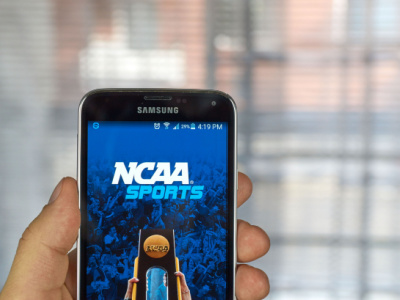Over a year has passed since student-athletes gained the right to enter endorsement deals with businesses across the country. The name, image, and likeness (NIL) era, as it has been termed, has caused both excitement and confusion. So, what laws, regulations, and policies apply to these NIL deals? Let’s take a look.
State Laws Control
Student-athletes’ right to monetize their NIL without losing NCAA eligibility is controlled by the NIL law in the state where their university is located. Their NIL rights, however, aren’t necessarily the only legal issue contemplated by their deals. They may, for example, enter a NIL deal that requires them to perform endorsement activities away from their university’s home state.
In such situations, the state law with the most significant relationship to the parties’ NIL deal may determine the extent of publicity rights and/or how vague contract language is interpreted. For this reason, careful drafting to address which state law governs the NIL deal is critical.
Comply with NCAA and University Policies
A majority of state laws provide in-state universities flexibility to set their own school-specific restrictions on the NIL deals their student-athletes enter. Even in states without a NIL law, however, it’s in student-athletes’ best interests to follow their universities’ NIL policy. Moreover, the NCAA’s interim policy permits student-athletes to engage in NIL activities when their university is in a state without a NIL law.
In general, NIL deals with college or high school student-athletes should comply with NCAA policy prohibiting pay for NIL activities that are:
- Contingent on enrollment at a particular university;
- For athletic participation or achievement (i.e., pay-for-play); or
- For work not performed.
Keep an Eye Toward Federal Law
Several federal bills have attempted to provide uniformity to NIL rights on a national level. Although state NIL laws share many characteristics, they are different enough to create an uneven playing field among schools in different states. For example, states differ in how and whether they address university disclosure requirements, the use of logos and team colors, and prohibited recruiting tactics.
Proponents of federal legislation have warned that the current landscape—in which some players have more financial opportunities based on their school’s location—is unfair and will skew competition. Notwithstanding this concern, there’s no federal law in place, but NIL deals should still be flexibly drafted to accommodate future laws that may be enacted and/or amended.
Alexander J. Burridge is an attorney with Bodman PLC in Detroit, Michigan. He can be reached at aburridge@bodmanlaw.com.

